
Our Blog

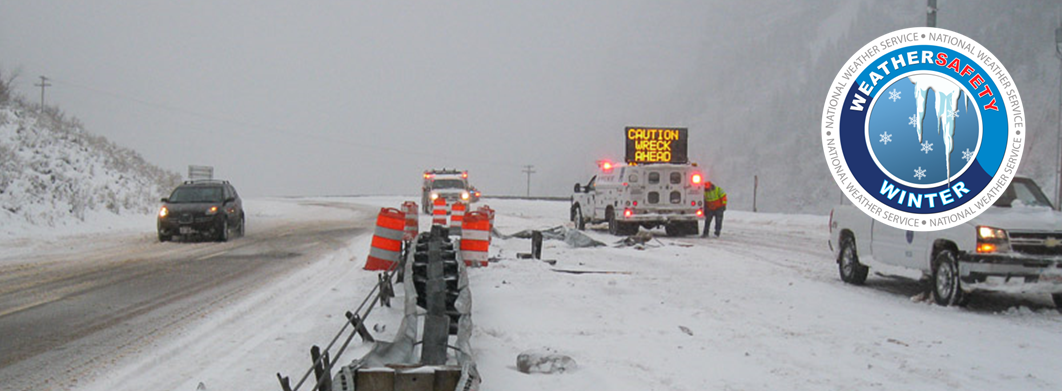
Updates from LDR Carolinas
Information on a new event; an update on providing kits; news about Bridging Together, a reminder for Winter Weather Preparedness Week, and more…
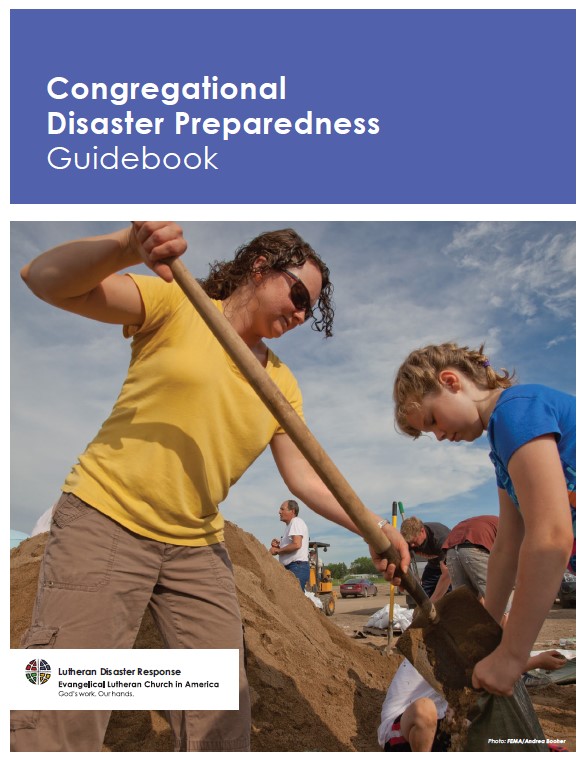
Congregational Preparedness Workshop
Gather a team of leaders from your congregation and join us for a free opportunity to begin developing a preparedness plan for your congregation. This event will be held at St. Luke’s, Summerville on Saturday, January 18. We will gather beginning at 9:30 a.m. with the workshop 10:00 a.m. to 2:00 p.m. Lunch and resources will be provided. Please register by January 10 using this link. Other workshops are being planned for the coming months in the Midlands and Upstate, as well as locations across North Carolina.
Cleanup Kits, Children’s Comfort Kits, and Hygiene/Personal Care Kits
A huge THANK YOU to everyone who has contributed these kits! We have distributed hundreds of these kits in Western NC following Helene, plus some in SC! If you have already purchased supplies for these kits, please do complete them and deliver them to a collection point, but please do not begin more new kits at this time. Distribution of these kits has slowed as we move into long-term recovery. We will be storing any extra kits already on hand for use following a future disaster.
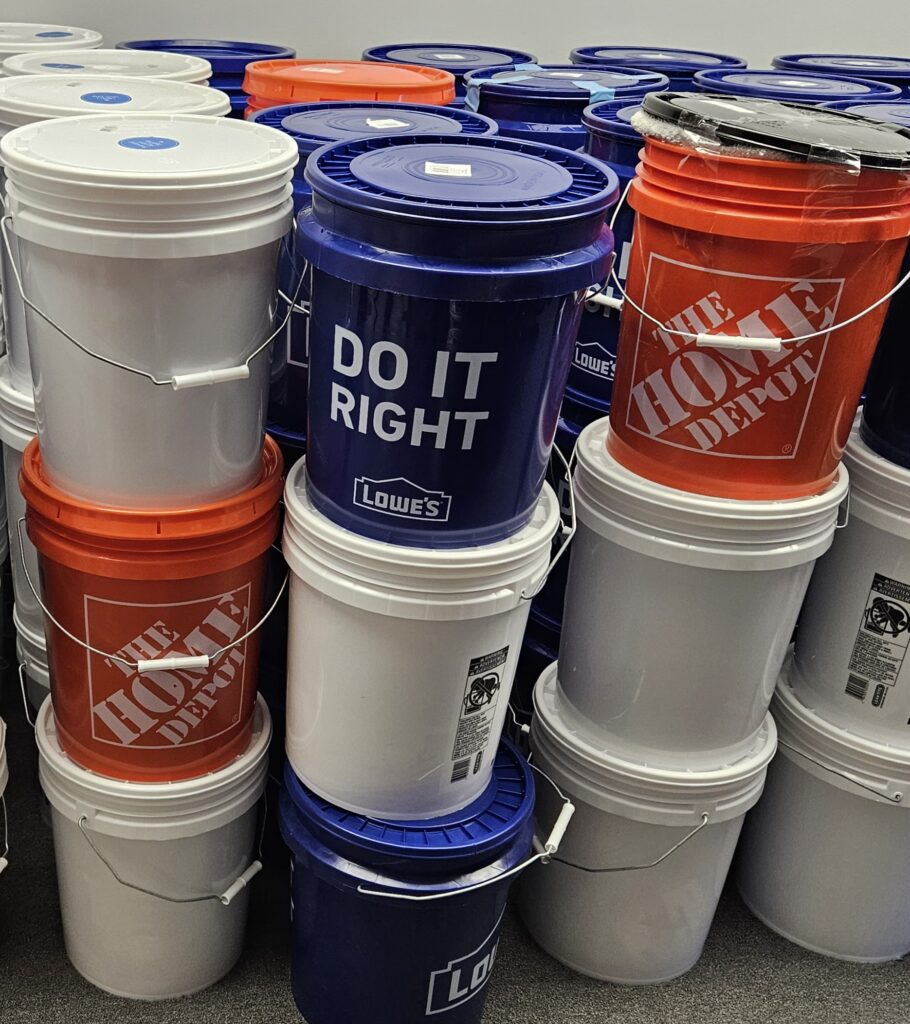
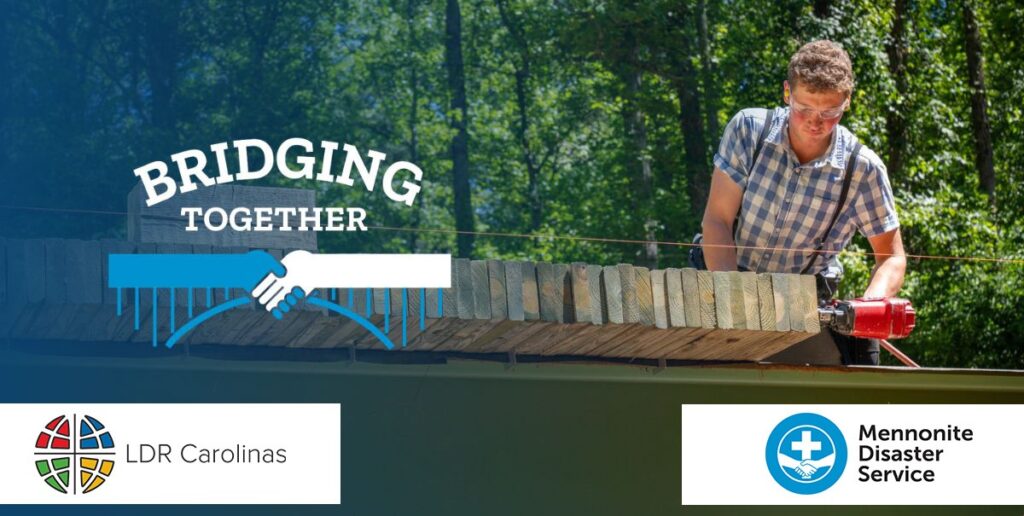
Bridging Together
As we move into the new year, building bridges to help survivors of Helene return to their homes will be a big priority. The best way to help right now is to make a donation to the Bridging Together project.
Plans for our first bridge are underway. This will be a training opportunity for those who would like to volunteer building bridges. Contact Ray for more information.
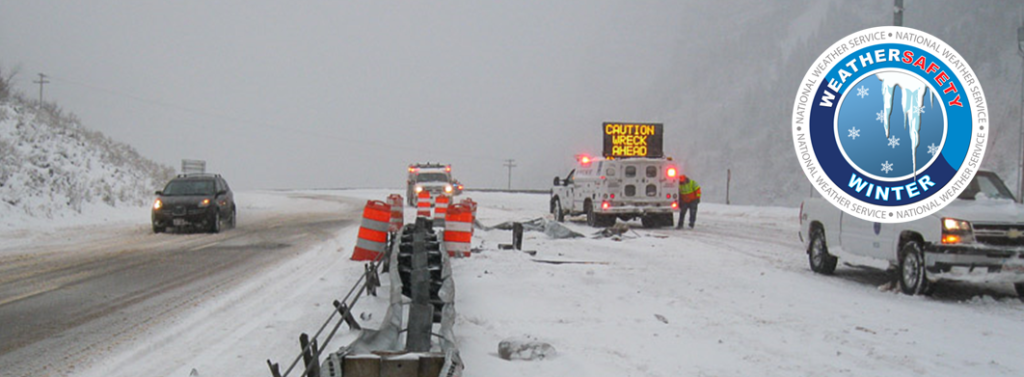
Winter Weather Preparedness Week
December 1-7 is Winter Weather Preparedness Week, just as colder weather arrived in the Carolinas this year! We have been sharing information from a variety of sources each day on our Facebook page. Preparedness for cold wintry weather should include the 4 Ps: People, Pets, Plants, and Pipes. Now is the time to make plans that protect all of these!
The National Weather Service calls winter storms “deceptive killers” because most deaths are not directly related to the storm. Instead, people die in traffic accidents on icy roads and from carbon monoxide poisoning while using alternate ways to heat or power a home.
As the NC State Extension Disaster Information Center reminds us: “It is important to be prepared for quickly changing weather conditions. Winter weather can bring dangerous conditions including cold, snow and ice. Being prepared is your best defense.”
Here are links to some great resources on preparing for wintry weather at home and as you travel.
https://www.weather.gov/rnk/NCWinterWxPreparedness2024
This page includes a long-term winter weather forecast and information on becoming a winter weather observer.
https://www.ready.gov/kids/disaster-facts/winter-weather
This page includes information on different kinds of winter weather, as well as two serious health risks: hypothermia and frostbite.
https://www.readync.gov/stay-informed/north-carolina-hazards/winter-weather
This page includes information on winterizing your home as well as staying safe during a storm at home and while traveling.
https://ncdisaster.ces.ncsu.edu/2024/12/2024-winter-weather-preparedness-week
This page includes updated information on weather watches, warnings, and advisories.
https://www.scemd.org/stay-informed/publications/severe-winter-weather-guide
This page includes a downloadable winter preparedness guide, with suggestions for before, during, and after a winter storm.
All these sources remind us that even here in the South, we should take cold weather and winter storms seriously. Winter storms can be very difficult to predict because conditions change quickly and can be quite different just a few miles apart.
Next LDR Carolinas Network Meeting
Join us for our next LDR Carolinas Network meeting on Thursday, January 9 as we share information about ongoing recovery from Hurricane Helene in both North and South Carolina, and other events! Sign up for network news and meeting information here.
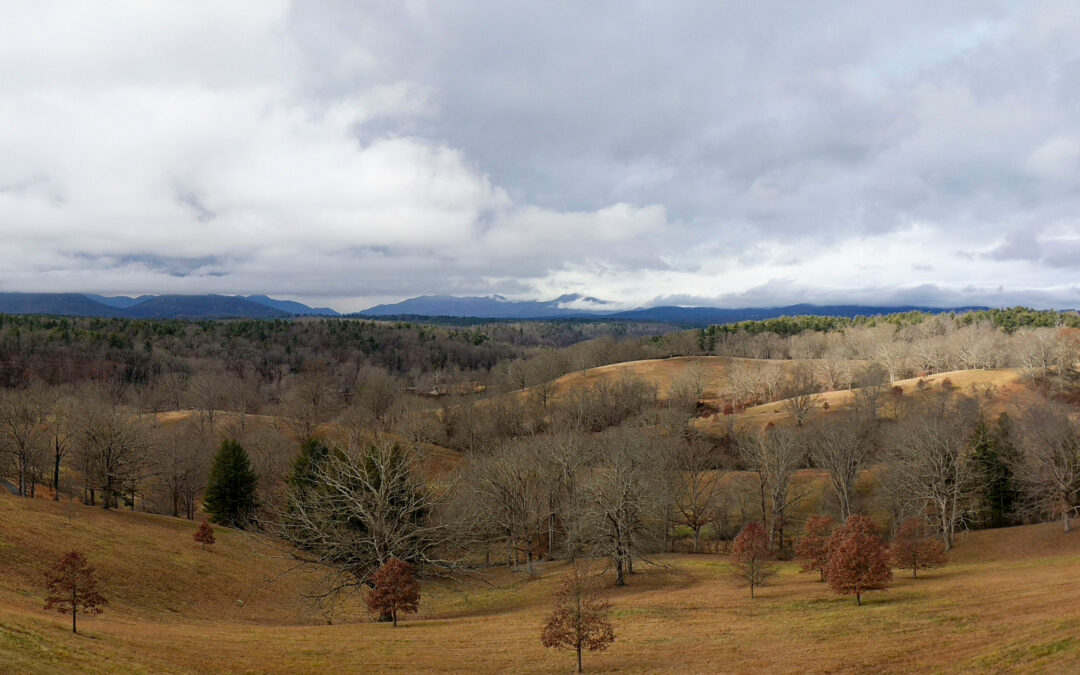
$2 Million EDRF Grant Awarded to Support Bridge Repair
Originally posted here by the The Community Foundation of Western North Carolina.
Grants totaling $3,341,100 were awarded last week from The Community Foundation of Western North Carolina (CFWNC)’s Emergency and Disaster Response Fund to support continuing relief and recovery services in Western North Carolina. With this round, more than $12.8 million has been awarded to nonprofit organizations across 18 counties, including the Qualla Boundary.
A $2,000,000 grant was awarded to Lutheran Disaster Response Carolinas, a ministry of the North Carolina Synod, Evangelical Lutheran Church of America (ELCA) to partner with Mennonite Disaster Service in rebuilding private bridges destroyed by the hurricane. The project will prioritize the hardest hit areas in Avery, Mitchell, Yancey, Madison, Rutherford, and Buncombe counties and bridges that impact multiple families or critically vulnerable persons. An estimated 5,000 private bridges were damaged by the storm.
“Lutheran Disaster Response and Mennonite Disaster Service have the track record and expertise to respond to this need and are set to break ground on the first bridge in January,” said CFWNC President Elizabeth Brazas. “They are in communication with local leadership and have support to process permits needed to avoid delays.”
A key component of this project is to retain and employ the Mennonite Disaster Service standard of bridge building. Their engineering expertise and steel beam and wood plank system will ensure that these bridges can withstand more weather events.
“We are enormously grateful for the generous grant from CFWNC in support of our Bridging Together partnership with Mennonite Disaster Service, stated the Rev. Ray Sipe and the Rev. Ruth Ann Sipe, coordinators of Lutheran Disaster Response Carolinas. “A gift of this size will allow us to help many families get home safely.”
Additional important recovery works continues. This grant cycle also includes:
$250,000 to Centro Unido Latino-Americano to provide continued direct assistance to individuals and families affected by the hurricane and to support them in stabilizing their housing in McDowell, Buncombe, Burke, and Mitchell counties.
$280,000 to Buncombe Partnership for Children to support re-opening costs at eight childcare facilities that are currently inoperable due to facility damage caused by the storm.
$142,600 to Blue Ridge Partnership for Children to assist with costs that will help seven childcare facilities in Avery, Mitchell, and Yancey counties reopen.
$59,800 to Western North Carolina Regional Educational Foundation to create a temporary position assisting WNC School systems in assessing and prioritizing needs arising during recovery and researching and coordinating groups to help meet those needs.
If you wish to support aid to those affected by the storm, you can donate online to the Emergency and Disaster Response Fund. Administrative fees are waived so that every dollar goes directly to assistance.
The learn more about the Bridging Together project or give directly to LDR Carolinas or the Mennonite Disaster Service click here.

LDR Carolinas Is Preparing to Hire a Response Coordinator and Project Coordinator for South Carolina
We are looking for two people experienced in disaster response, through volunteer coordination or construction and building repairs, to join our team in part-time positions!
The Response Coordinator will work with volunteers and our partners to help organize the work of LDR Carolinas in South Carolina. A copy of the job description is available here.
The Project Coordinator will work with case managers and our partners to plan and complete repair projects in South Carolina. A copy of the job description is available here.
If you are interested in either position, please send your resume to Emily Lemoine, either by email or mail to LDR Carolinas, 1988 Lutheran Synod Drive, Salisbury NC 28144. Contact Ruth Ann Sipe with questions.
